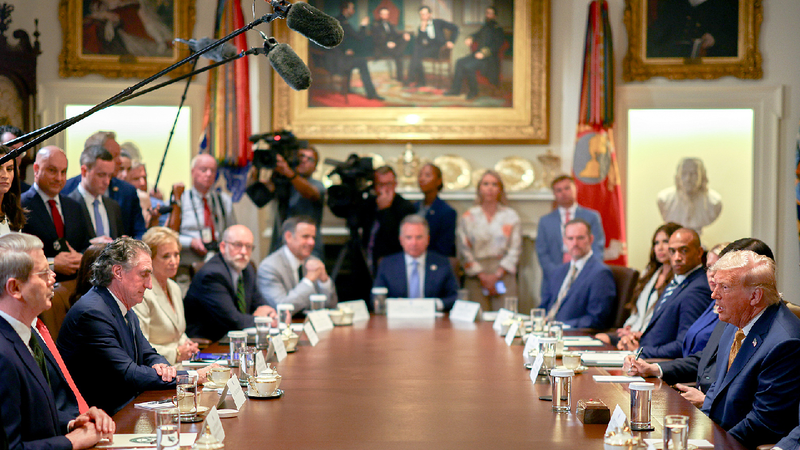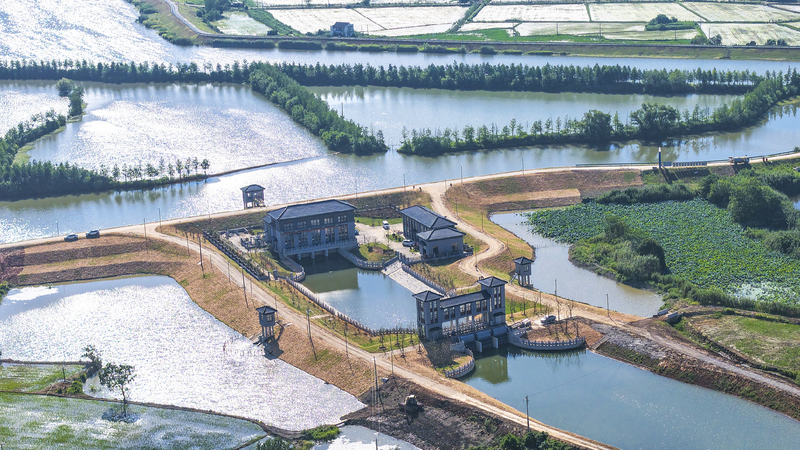Hey there! Have you ever wondered what happens when people in a government disagree? Let’s dive into the world of no-confidence votes and find out how they can shake things up! 🌍
What Is a No-Confidence Vote? 🤨
A no-confidence vote is like a big thumbs down from a group of lawmakers (like a parliament or congress) to their leader, such as a prime minister. It’s their way of saying, “We don’t trust you to lead us anymore!” 😱
Why Do They Happen? 🧐
No-confidence votes can happen for lots of reasons:
- The leader isn’t doing a good job. 😞
- Big disagreements on important decisions. 🗣️
- Issues with budgets or laws that people don’t like. 💰
What Happens Next? 🚀
If the no-confidence vote passes:
- The leader might have to step down. 👋
- There could be a new election to choose new leaders. 🗳️
- Sometimes, a new government is formed without an election. 🏛️
Why Is It Important? 🌟
No-confidence votes are a key part of democracy. They allow governments to change if leaders aren’t meeting the needs of the people. It’s like having a safety button to make sure leaders listen! 🛎️
Can It Happen Anywhere? 🌐
Not all countries have no-confidence votes. They’re mostly found in places with parliamentary systems, like the United Kingdom, Canada, and Australia. 🇬🇧🇨🇦🇦🇺
Fun Fact! 🤩
Did you know that in 1979, the UK Prime Minister James Callaghan lost a no-confidence vote by just one vote? It led to a general election and a new leader! 😮
Wrapping Up 🎁
No-confidence votes might sound complicated, but they’re all about making sure leaders do their best. When everyone works together, governments can make great things happen! 💪✨
Reference(s):
French government felled in no-confidence vote, deepening crisis
cgtn.com




